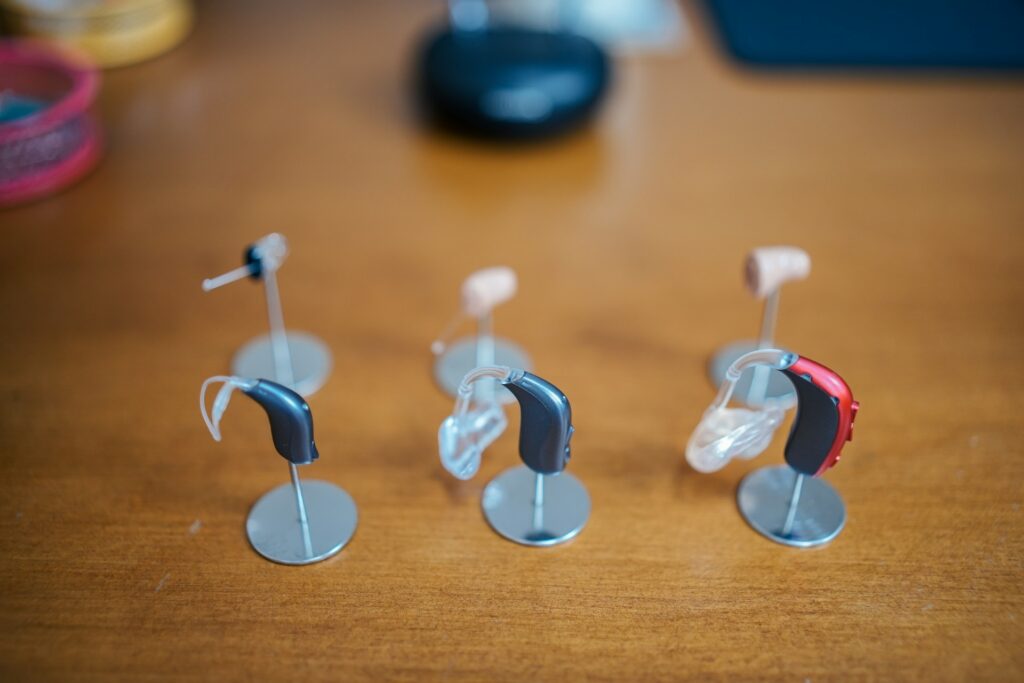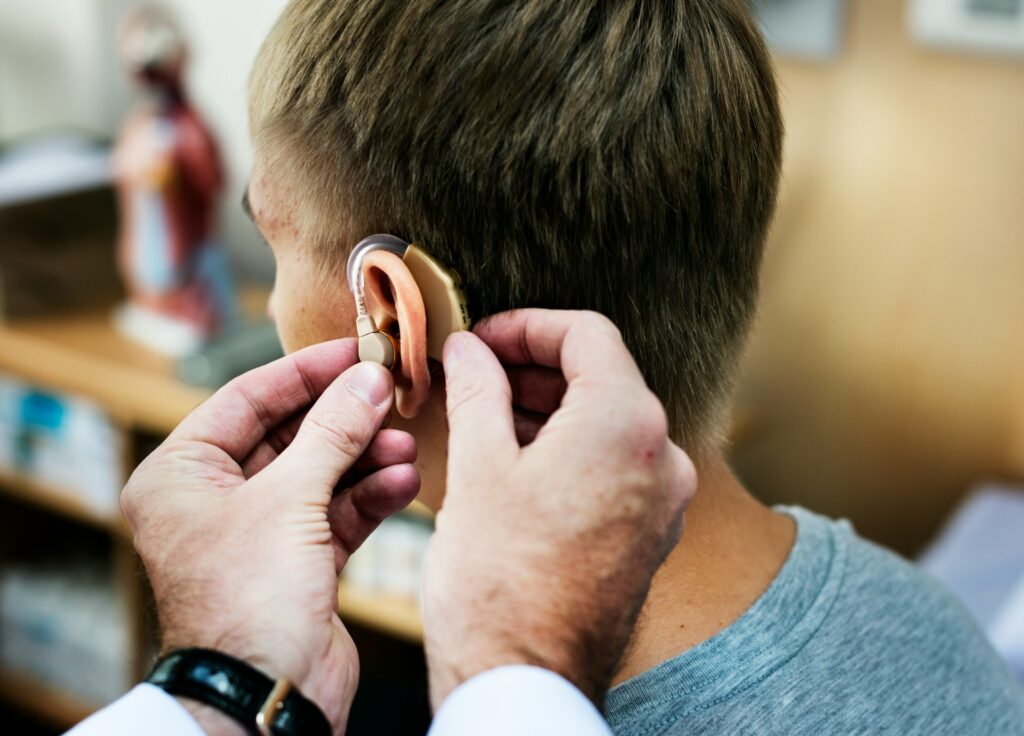Feeling off-balance can be scary and confusing. It’s more than just losing your footing; it affects your daily life and overall well-being. Balance issues can make it hard to walk straight, stand still, or even focus on tasks. Understanding what causes these problems can help you take steps to manage and fix them.
This guide will help you understand common causes, symptoms, and treatments for balance issues. By learning what to expect during diagnosis and exploring effective management strategies, you’ll be better equipped to handle balance problems. Whether through lifestyle changes, medical treatments, or assistive devices, there are ways to improve your balance and get back to living your life confidently.
Common Causes of Balance Issues
Inner Ear Problems
The inner ear is crucial for maintaining balance. Vestibular disorders like benign paroxysmal positional vertigo (BPPV), labyrinthitis, and Ménière’s disease can disrupt the delicate balance system. These conditions often cause dizziness, vertigo, and feeling off-balance. The inner ear contains the vestibular system, which sends signals about motion and spatial orientation to the brain. When something goes wrong here, it can lead to significant balance problems.
Neurological Conditions
Balance issues can also stem from neurological conditions. Problems in the brain, spinal cord, or peripheral nerves can interfere with your body’s ability to maintain balance. Conditions like Parkinson’s disease, multiple sclerosis, and strokes can severely affect coordination and balance. These disorders impact how the brain processes sensory information or controls muscle movement, making it challenging to stay steady.
Medications and Other Factors
Certain medications can cause dizziness and balance problems as side effects. Common culprits include blood pressure medications, sedatives, and some antibiotics. Other factors like dehydration, low blood sugar, or even alcohol consumption can also disrupt your balance. It’s essential to discuss any medications you take with your healthcare provider to understand their potential side effects on your balance.
Symptoms and When to Seek Help
Warning Signs of Balance Issues
Recognising the warning signs of balance problems is the first step in addressing them. Key symptoms include frequent falls, dizziness, vertigo, and a constant feeling of being unsteady. If you feel lightheaded, have difficulty walking straight, or often stumble, these are strong indicators that something might be wrong with your balance system. Sometimes, these symptoms can be accompanied by nausea or blurred vision, making daily activities even more challenging.
When to Consult a Healthcare Professional
It’s vital to seek medical advice if you experience persistent balance issues. If you have frequent falls, episodes of vertigo, or feel unsteady for prolonged periods, consult a healthcare professional. Early intervention can make a significant difference in diagnosing and treating the underlying cause. Don’t wait for the symptoms to worsen. Immediate consultation ensures you get the proper care and prevents potential injuries from falls or accidents.
Understanding when and why to seek help can lead to timely and effective treatment. Proper diagnosis and management can vastly improve one’s quality of life, helping one regain balance and confidence.
Diagnosis and Tests for Balance Disorders
Types of Balance Tests
Diagnosing balance disorders involves several types of tests to pinpoint the problem. One standard test is videonystagmography (VNG), which uses video goggles to record eye movements while you follow targets or change head positions. Another caloric test involves introducing warm or cold water or air into the ear canal to observe reactions. Posturography assesses how well you can maintain balance on different surfaces. These tests help identify if the issue is in your ear, brain, or other parts of your balance system.
What to Expect During a Balance Test
During a balance hearing test, you can expect to undergo a series of exercises that measure how well you can stand, walk, and maintain balance. Some tests require wearing special goggles or standing on a moving platform. You may also need to follow a set of movements or sit still while recording your responses. These tests are usually painless but can sometimes feel a bit strange. The goal is to comprehensively understand your balance function to develop a proper treatment plan.
Effective Treatments and Management Strategies
Medications and Therapies
Several medications and therapies are available to treat balance disorders. Antihistamines and anticholinergics can help relieve symptoms of dizziness and nausea. Vestibular rehabilitation therapy (VRT) involves exercises designed to improve balance and reduce dizziness. A therapist will guide you through movements that retrain your brain and inner ear to respond correctly to motion. This therapy can be very effective for many types of balance disorders.
Lifestyle Changes and Exercises
Making specific lifestyle changes can significantly improve your balance. Regular exercise, especially activities like yoga, tai chi, or balance training exercises, can strengthen your muscles and improve coordination. Staying hydrated and maintaining a healthy diet can also help. Reducing alcohol intake and avoiding smoke-filled environments are essential, as these can affect your balance. Simple changes in your daily routine can make a big difference in managing balance issues.
Assistive Devices and Supports
Sometimes, assistive devices are needed to ensure safety and improve mobility. Canes, walkers, and handrails are simple tools that provide additional support. Specialised equipment like balance vests or electronic stability devices can be used for more severe cases. These devices offer extra stability, helping you move around safely and confidently.
Conclusion
Balance issues can be disruptive, but understanding their causes, symptoms, and treatments can make a big difference. You can take control of your balance health by recognising the warning signs and seeking timely help. Proper diagnosis through various balance tests helps pinpoint the exact problem, enabling targeted treatments that significantly improve your quality of life. Many ways to manage and overcome balance disorders effectively exist, whether through medications, therapies, lifestyle changes, or assistive devices.
At Country Hearing Care, we help you navigate balance issues and find the right solutions. If you’re struggling with balance problems, don’t wait. Visit our hearing clinic in Mildura today to book your consultation and take the first step towards better balance and a healthier life.










